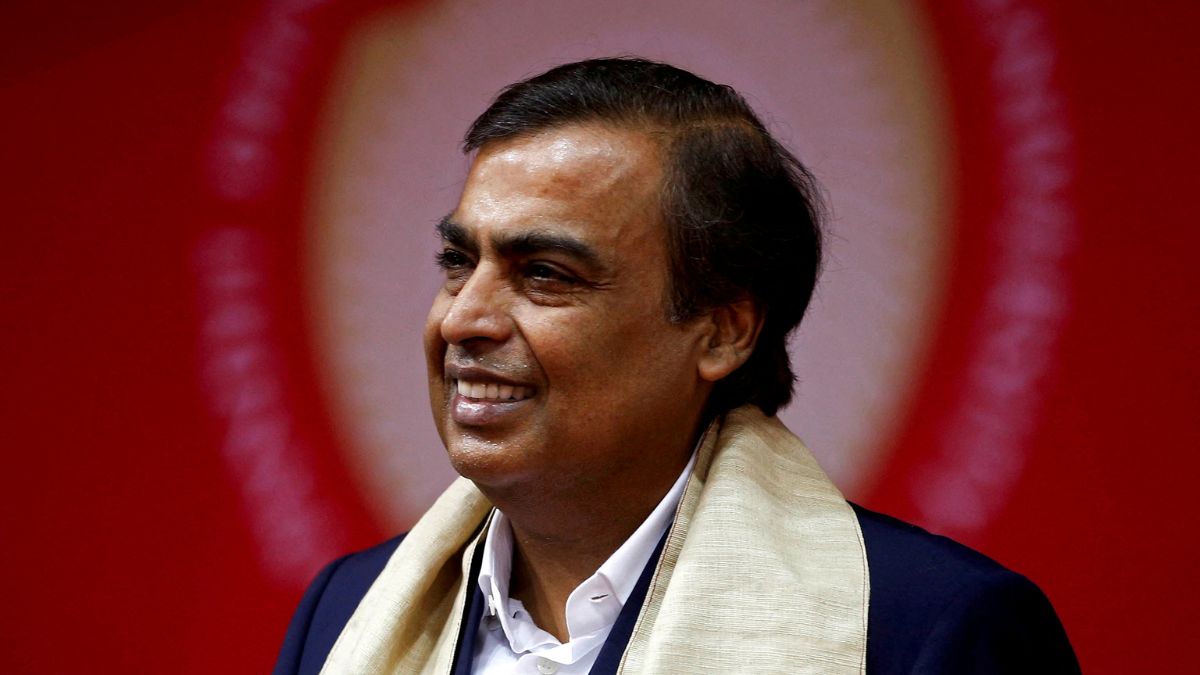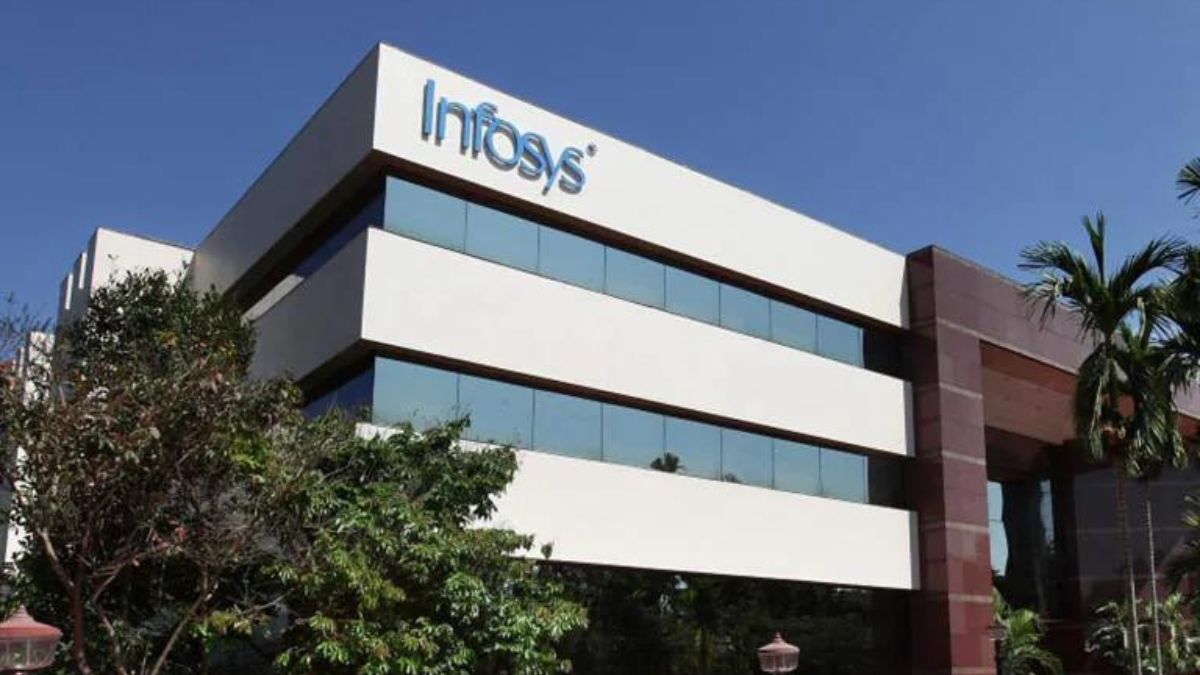Long-term gains on all financial and non-financial assets, on the other hand, will attract a tax rate of 12.5 percent. Further, for the benefit of the lower and middle-income classes, the finance minister proposed increasing the exemption limit of capital gains on certain financial assets to Rs 1.25 lakh per year. read more
)
The long-term capital gains tax (LTCG) has been hiked in the Union Budget 2024-25 on all financial and non-financial to 12.5 percent from 10 percent, while short-term capital gains tax (STCG) on some assets would be 20 percent.
In the budget presented on Tuesday, the FM announced that, the long-term capital gains tax exemption limit has been increased to Rs 1.25 lakh from Rs 1 lakh. The budget also announced that listed financial assets held for more than a year will be classified as long-term.
“Short-term gains on certain financial assets shall henceforth attract a tax rate of 20 percent, while that on all other financial assets and all non-financial assets shall continue to attract the applicable tax rate,” Finance Minister Nirmala Sitharaman said during her Budget speech on July 23.
Long-term gains on all financial and non-financial assets, on the other hand, will attract a tax rate of 12.5 percent. Further, for the benefit of the lower and middle-income classes, the finance minister proposed increasing the exemption limit of capital gains on certain financial assets to Rs 1.25 lakh per year.
Reacting to the development, Shravan Shetty, Managing Director at Primus Partners said “We believe increasing the long-term capital gain by 25% to 12.5% will lead to investments moving towards unproductive assets like gold and real estate. For a growing economy like India increasing penetration of capital markets is critical and this measure will reduce the acceleration seen in this direction over last few years.”
Vaibhav Porwal, Co-founder, Dezerv on the rise in capital gains tax said “The recent changes in the union budget, particularly the increase in STCG and LTCG tax signal a significant shift. While the market’s initial reaction may seem bearish, we believe these changes will ultimately foster a more stable and mature investment environment.
The widening gap between STCG and LTCG rates is a clear incentive for longer-term holdings. This move is also a step towards standardising taxation across various asset classes, potentially simplifying the investment decision-making process for many.
The FM also announced a hike in STT (securities transaction tax) on F&O (futures and options) securities by 0.02 per cent and 0.1 per cent. Income receipt on share buyback will be taxed in the hands of recipients, Sitharaman added.
To reduce tax litigation, the finance minister said the government is planning the Vivad Se Vishwas Scheme 2024. She also said ₹10 lakh crore has been proposed for PM Awas Yojana - Urban 2.0 to address the housing needs of 1 crore urban poor and middle class. She also announced 12 new industrial parks to be developed under the National Industrial Corridor Development programme.
What is capital gains tax?
Capital gains tax in India is governed by the Income Tax Act, 1961, and is levied on the profit or gain arising from the sale of a ‘capital asset’. Land, building, house property, vehicles, patents, trademarks, leasehold rights, machinery, and jewellery are examples of capital assets.
There are two types of capital gains: Short-Term Capital Gains (STCG) and Long-Term Capital Gains (LTCG). As the names suggest, these levies are imposed based on the duration for which the asset was held.
The duration varies based on the type of asset:
For listed securities, units of UTI, equity-oriented funds, and zero-coupon bonds, if they are held for not more than 12 months, the STCG is levied. Otherwise, LTCG is levied.
Shares of unlisted companies and immovable property (land/building) held for not more than 24 months attract the STCG. Otherwise, the LTCG is applicable.
For all other assets, the time period of holding for STGC is up to 36 months.
Apart from the time period, the current legal framework for capital gains tax has different tax rates and different parameters to compute the gains depending on the nature of capital asset.

 1 month ago
38
1 month ago
38
)
)
)
)
)
)
)
)
)
)
)
)
)
)
)
)
)
)
)
)
)
)
)
 English (US) ·
English (US) ·